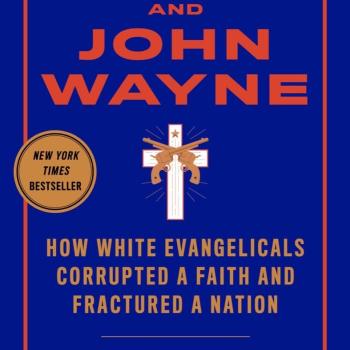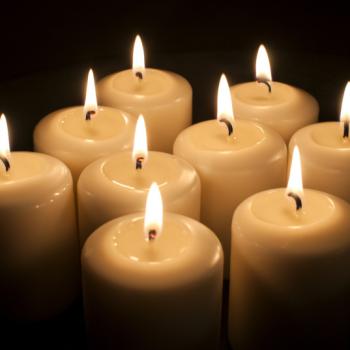I don’t think of the Chronicle of Higher Education as an especially hospitable venue for evangelicals. Thus, I was surprised this week to read a fascinating and even-handed portrait of William Lane Craig.
Written by Nathan Schneider, the piece follows Craig from the evangelical subculture (including his part-time teaching at Biola) to debates against atheists held at large, public and private universities.
Schneider begins with a smart observation:
The enormous kinds of questions that speculative-minded college students obsess over—life, death, the universe—are taken unusually seriously by philosophers who also happen to be evangelical Christians. To them, after all, what one believes matters infinitely for one’s eternal soul. They therefore tend to care less about disciplinary minutiae and terms of art than about big-picture “worldviews,” every aspect of which should be compatible with a particular way of thinking about the fraught love affair between God and humanity—or else.
In other words, evangelicals have ready opportunities to engage students in discussions about the “big questions,” partly because universities too frequently eschew them.
Schneider also profiles Craig’s, well, almost ruthless debating style:
In the opening statement he pummels the opponent with five or so concise arguments—for instance, the origins of the universe, the basis of morality, the testimony of religious experience, and perhaps an addendum of evidence for the resurrection of Jesus. Over the course of the rebuttals he makes sure to respond to every point that the opponent has brought up, which usually sends the opponent off on a series of tangents. Then, at the end, he reminds the audience how many of his arguments stated at the outset the opponent couldn’t manage to address, much less refute. He declares himself and his message the winner. Onlookers can’t help agreeing.
The above paragraph suggests that style and approach matter as much as substance in many forums. Nevertheless, Schneider presents a positive assessment of Craig’s acumen and philosophical training. And Craig has been training a small legion of followers at Biola, many of whom are going on to top-notch philosophy Ph.D. programs. In other words, watch out non-theists.
Whatever you make of Craig’s approach and beliefs (or those of his opponents, for that matter), what is clear is that the students are the big winners. They get entertainment, and they get to tackle big questions often left unaddressed or obliquely addressed in their classrooms.















